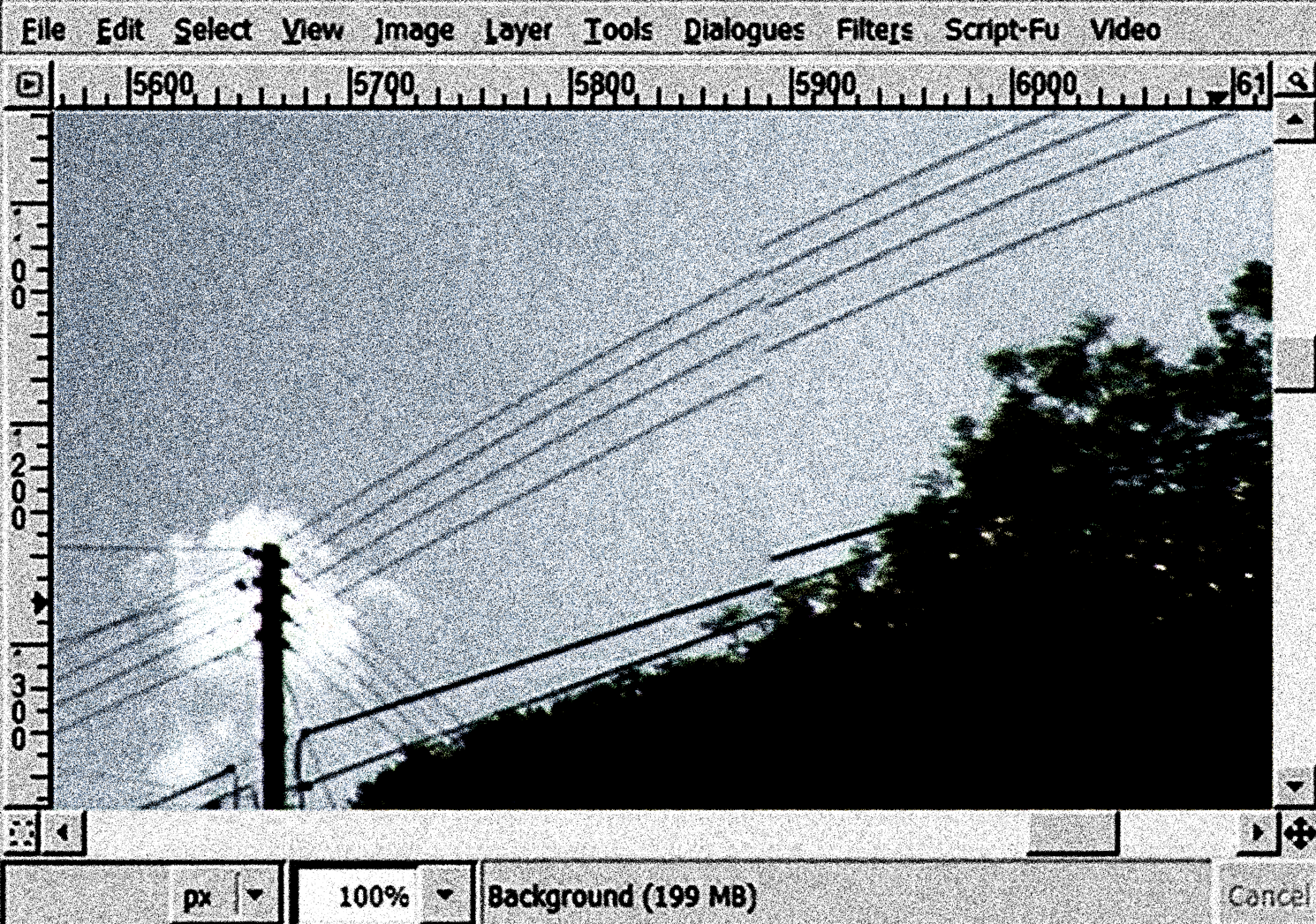9 JANUARY 2020 (Thursday), 18h30 // Keynote Lecture

Ten years ago, historian Dipesh Chakrabarty published “The Climate of History: Four Theses,” the first of several Anthropocene-focused articles that proved to be as enduringly influential as they are controversial. Criticised for supporting a species-level universality that disregards class, race, and gender in the shaping of humanity’s ecological footprint, apparently at odds with his background in postcolonial theory, Chakrabarty’s “Four Theses” brought about an extensive discussion on who is the “Anthropos” in Anthropocene—and how the socio-economic and political divide between the global North and South factors into the interlocking threats endangering humans and non-humans on Earth. More recently, Chakrabarty has called for a shift in human modes of being and knowing, asking whether the humanities can “overcome their hallowed and deeply set human-centrism and learn to look at the human world also from nonhuman points of view”.
Dipesh Chakrabarty (1948, Calcutta, IN) is professor of History and South East Studies at Chicago University. The author of Provincializing Europe (2000) and a leading historian in the area of postcolonial studies, in the last decade he penned several influential articles on climate change and the Anthropocene, including “The Climate of History: Four Theses” (2009), “Postcolonial Studies and the Challenge of Climate Change” (2012), “Climate and Capital: On Conjoined Histories” (2014), and “Humanities in the Anthropocene: The Crisis of an Enduring Kantian Fable” (2016). In 2014, Chakrabarty received the Toynbee Prize in recognition of his significant contributions to global history.
